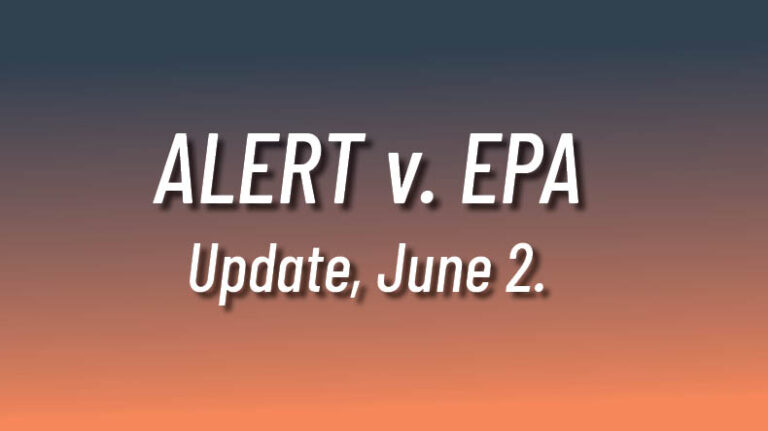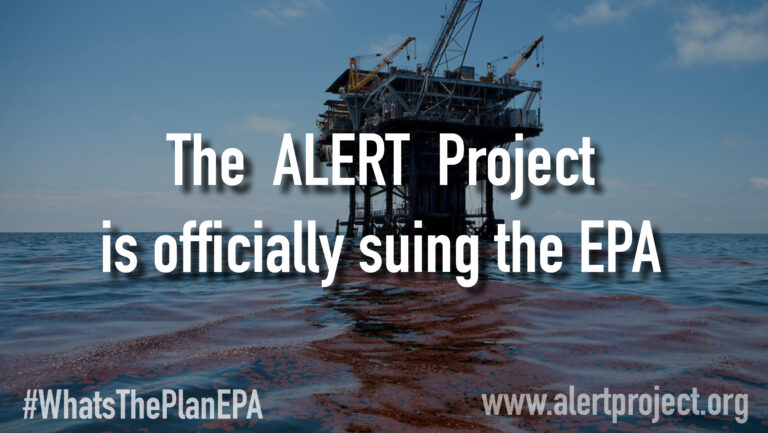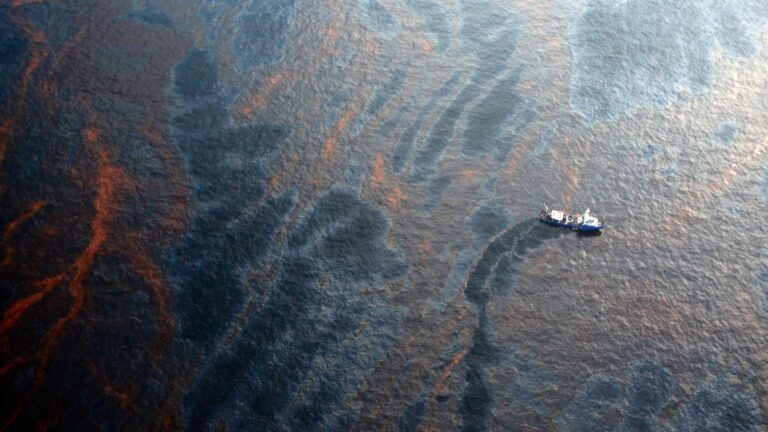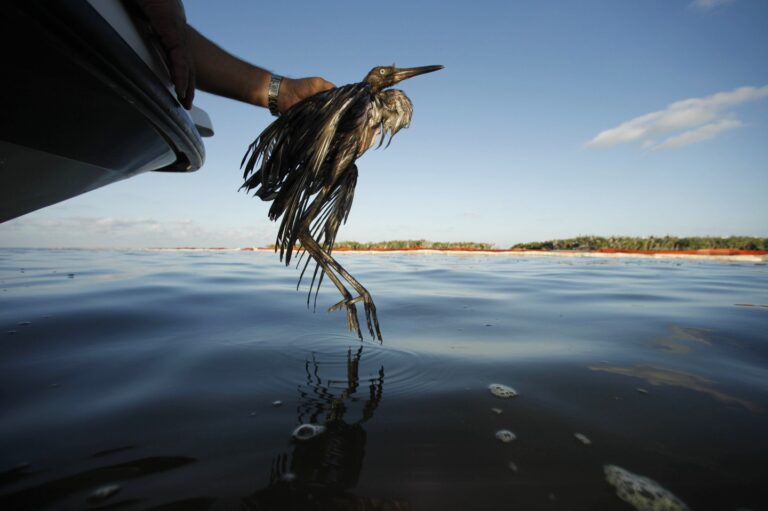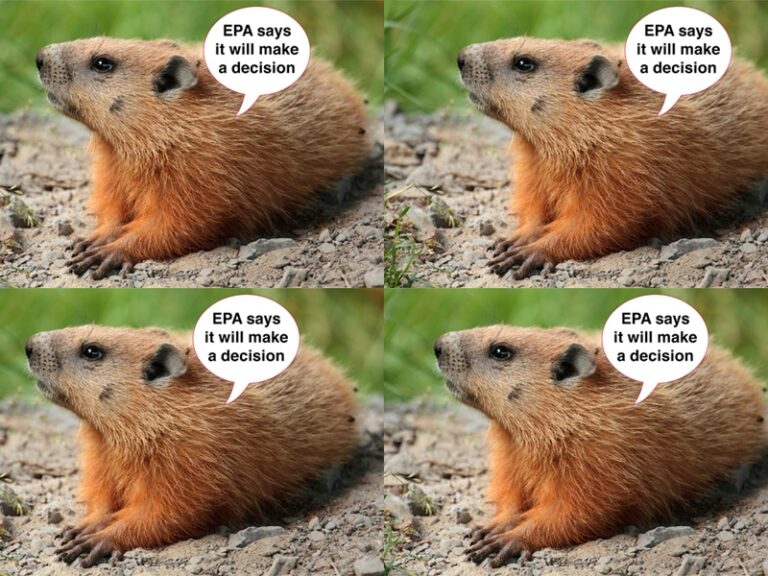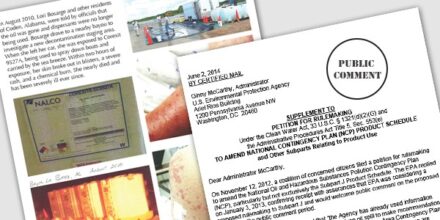Legal Action
ALERT v. EPA makes law! Ruling a “game-changer”
June 2, 2020. U.S. Magistrate Judge William Orrick ruled that the Clean Water Act requires the EPA to keep the nation’s oil spill response plans current and effective. New research has linked chemical dispersants, heavily used during the 2010 BP spill response, with long-term illnesses in humans and wildlife. The EPA has failed to consider…
Read MoreALERT announces lawsuit against the Environmental Protection Agency
After eight years of preparation and waiting, The ALERT Project has officially sued the U.S. Environmental Protection Agency (EPA) over its outdated National Contingency Plan, the nation’s emergency response plan for oil spills. The Plan was last updated in 1994 – 26 years ago. Oil companies are supposed to have viable plans to respond…
Read MoreGizmodo: EPA Is Getting Sued Over the Toxic Chemicals Used To Clean Up Oil Spills
Read the Story at Gizmodo.com
Read MoreALERT takes new legal action with the EPA
It’s said that maritime law is written in blood or oil—after disasters rather than before them. The same can be said of our nation’s emergency oil and chemical disaster response plan, the National Contingency Plan (NCP or the Plan).Our campaign to ban toxic dispersants from use during oil spill response started after the Exxon Valdez disaster…
Read MoreWashington Post: Chemical that EPA allows to help clean up oil spills sickens people and fish, lawsuit claims
Read the full story at TheWashingtonPost.com
Read MoreGroundhog Day: EPA Postpones Decision on Dispersants & What You Can Do About It NOW
Ever feel like you’ve heard the exact same thing before? In April of 2015, EPA promised to make a decision on rules regarding dispersant use in oil spill response in the fall of 2016. Now EPA has decided to postpone the final rules until August 2018 at the earliest. Sounds like the same old, same…
Read MoreWhat’s next on the EPA’s rulemaking process
First of all, congratulations! The EPA received 487 comments on its proposed rulemaking on use of dispersants and other products during oil spill response. ALERT, a handful of other groups, and over 460 ordinary citizens––many empowered by ALERT’s webinars, talking points, and social media—filed a total of 472 comments. Each commenter can opt to join…
Read MoreWhat’s Next for U.S. EPA Rulemaking on Dispersant Use?
Canada’s move to legalize toxic dispersants may thwart efforts to ban them in the United States, because the two countries work together to “harmonize” environmental (and other) policies. ALERT has requested that U.S. EPA take proactive international action to ban toxic dispersants in oil spill response. Help ALERT leverage our comments into final rules by…
Read More
